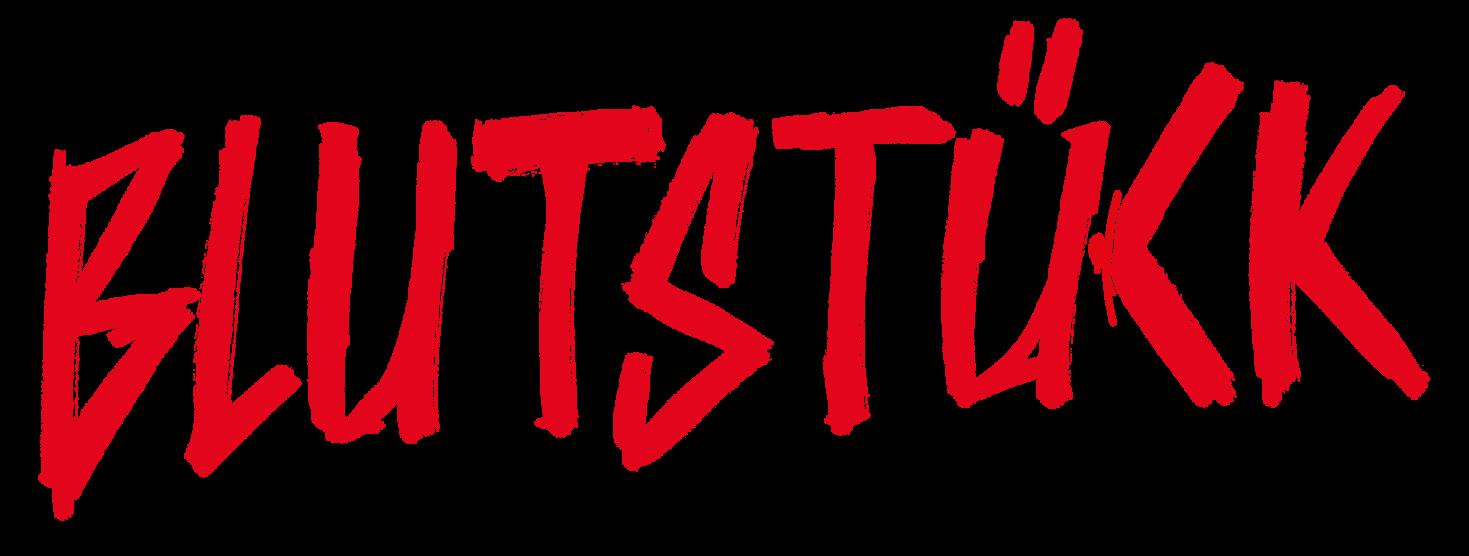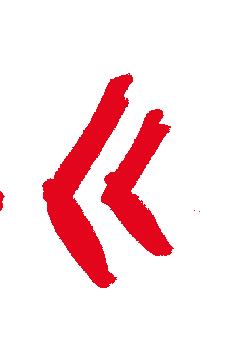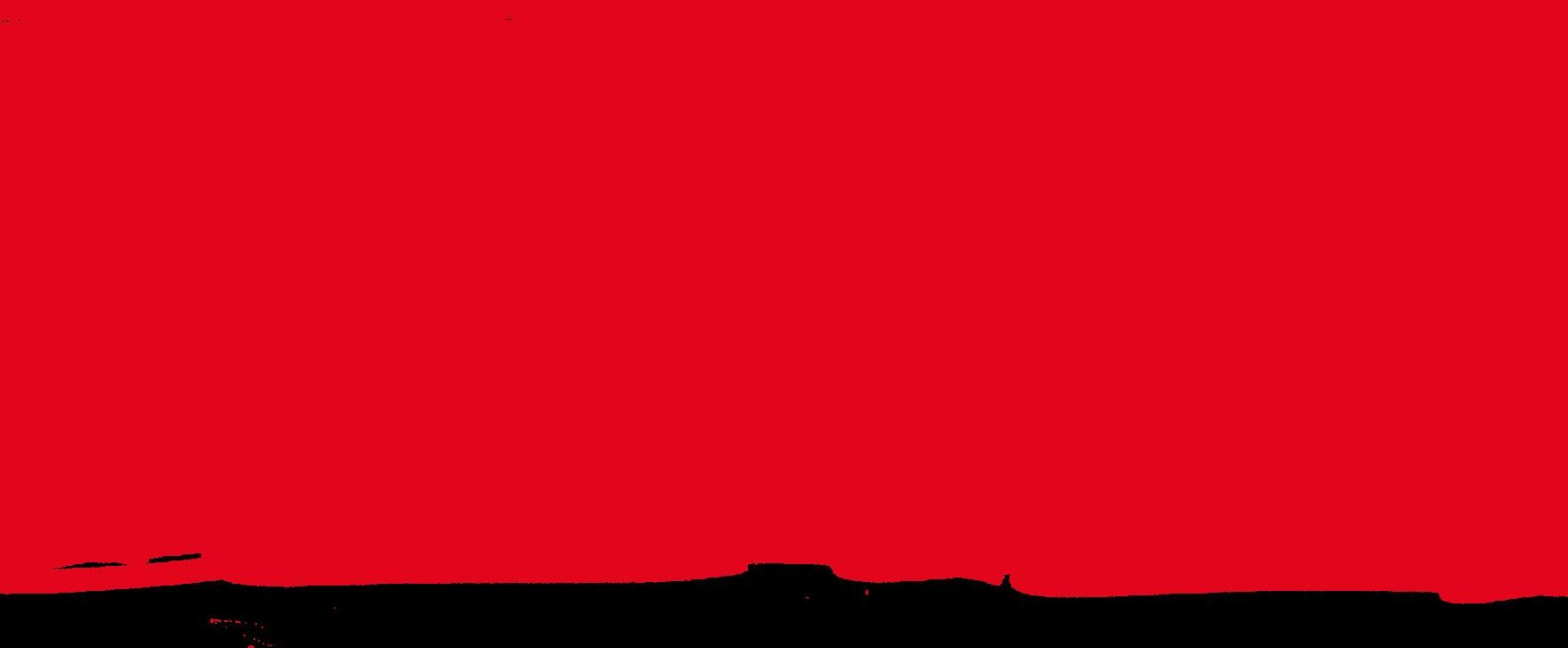




We are a melange. We are grandma-mother-child mixtures. Blutbuch (Bloodbook), which was awarded both the Swiss and the German Book Prize in 2022, is Kim de L’Horizon’s inventory of the fears and ascriptions that seep into our physical memories via cells and narratives to congeal into incontrovertible norms. That which was never said – whether by shame or hypocrisy – must be spoken in order to break the culture of silence. In her first guest appearance in Vienna, German director
Leonie Böhm picks up on this topical novel in a colourful, inflatable landscape of rivers, trees, roots and stones. In a collective artistic process with Kim de l’Horizon and four further actors on stage, something new grows out of the Bloodbook: the Bloodpiece. Isn’t that which joins us the very thing to bring movement into paralysis?





18 / 19 May, 8pm, 20 May, 6pm
Volkstheater
German
English surtitles
100 min.
Q&A
19 May, following the performance
Direction Leonie Böhm With Vincent Basse, Gro Swantje Kohlhof, Kim de l‘Horizon, Sasha Melroch, Lukas Vögler Text Leonie Böhm, Vincent Basse, Gro Swantje Kohlhof, Kim de l’Horizon, Sasha Melroch, Lukas Vögler, Helena Eckert Stage design Zahava Rodrigo Costume Mascha Mihoa Bischoff Light design Gerhard Patzelt Dramaturgy Helena Eckert Audience development Tali Furrer, Silvan Gisler Touring, International relations Sonja Hildebrandt Artistic mediation (Theatre & School) Zora Maag Production assistance Sarah-Maria Hemmerling Production intern Carolin Bodensteiner Stage design assistance Jana Furrer Costume assistance Noëmie Cassagnau, Anna Toni Vyshnyakova, Ruth Wulffen Stage management Michael Durrer Prompter János Stefan Buchwardt Translation surtitles Yanik Riedo Surtitels Anna Johannsen
Production Schauspielhaus Zürich Coproduction Wiener Festwochen | Freie Republik Wien Supported by Think Tank für Transformation, Diversität und Inklusion
executed by the team of the Wiener Festwochen | Freie Republik Wien
Premiere February 2024, Schauspielhaus Zürich (Pfauen)
Performance rights schaefersphilippenTM, Theatre and Media GbR, Cologne
LEONIE BÖHM AND KIM DE L’HORIZON IN CONVERSATION
Not long after the successful premiere of Blutstück, Leonie Böhm and Kim de l’Horizon met up for a first conversation about their shared experience. They reflected on the difference between writing and acting, various forms of authorship and the experience of their own bodies in their artistic practice.
Kim de l’Horizon Ms Böhm.
Leonie Böhm (laughs) How do we start this?
K.H. We could start by saying that we’re already past the end of the third performance …
L.B. Yes! I’d love to know how your experience of this has been so far? What is it like for you to play Blutstück ?
K.H. I like that I don’t know in advance what is going to happen. We have some scripted text, but we are also free to improvise. Sometimes a thought will come into my head on the way to the theatre, some image that I then want to work with that evening. For example, remember how we talked about the end again after the premiere: that I don’t have to try to reproduce a certain feeling every time, the euphoria, but that instead I can develop something out of the moment.
L.B. Would you like to try out saying the final text after the waterfall? Followed by Vincent, then the meditation. I realise that I’m crashing the interview form here…
K.H. It would be cool to give that a try, but we’d have to talk to Vincent about that, all three of us together. I think it’s much more important that it feels right for him.
L.B. We’ll do it like we agreed and then we can try out something new, okay?
K.H. Yes, I think that’s good. On your question about how it feels to act here: Helena, the dramaturge, said that I act like I’m writing. I find that an interesting thought. When I am writing fiction, there is an existing person there who looks like me but is still a fiction and says and does things that I would never say and do. But when we are acting here, I feel like I can say what I am feeling and thinking right now with great immediacy. In one scene, I can grab Vincent’s arse if I happen to feel like it. Or there’s another scene where Sasha asks me: ‘Do you want to cop off?’
These simple, sometimes naive things are very liberating.
L.B. Can you provide your own resonance when you write?
K.H. When I am writing, the figure sometimes takes me to places in myself where there is a lot of pain. It’s like going on a journey with a figure who has my name and who looks like me, but is not me at all – a journey through my lowest ebbs. And then I’m in danger of abandoning myself there because I cannot stand it – and I don’t realise until it’s too late. The figure is protected there, but I, my meat body, my private self is not. That’s what I am working on right now: how do I give a different kind of protection to my private body, my private self.
L.B. When you are doing theatre, what protection do you have there and what protection are you missing?
K.H. That which ends up in the text is essentially fiction. It is nourished by private experiences and feelings, but the figure in the text and my physical self are not the same person. When I was writing, I was able to empower my figure and send them through a labyrinth. My private self, however, is still lagging behind, still has to find own paths. When I do theatre, in contrast, I

Theatre can help us find out how our thinking and feeling works. More than anything else, my works are about this ‘interior life’. They are about how we can find a way of expressing that. There follows the question where we are evolving towards, what kind of togetherness, what kind of a world we want. In theatre, it is possible to create an entire universe. Two people can mean the world for themselves, each other and the audience. We can set out from an encounter and research entire social and political systems along the way. That is a burning question of our time: how can we develop social systems that don’t destroy more than they can engender, that are well-balanced and sustainable? I am interested in the idea of self-awareness that becomes possible once we understand ourselves or another on the basis of a shared practice. Theatre makes it possible to rehearse, to try something out. We can spend weeks researching together. That gives room to new insights. This way of being together is also an utterly different point of departure with regard to ethical and political questions than when I am alone by myself in a studio.

have my private self on the stage, too. There, it feels like my figure, the acted I, and my private self are standing there together.
L.B. But is that a state of risk or a state of protection?
K.H. In some ways both, but on stage it feels safer than when I am writing. On stage, I am quicker to realise what is happening and I can react. You said that the book touched you, how was that touch?
L.B. I found the rave scene incredibly exciting. It gives such an immediate and unlimited sense of touch, meeting and sexuality, as well as fiction and imagination, so that it felt like language was getting very close to me. I was in the presence of a thought from which I couldn’t distance myself at all, but which I experienced through myself. Like falling in love. I couldn’t sleep afterwards. This extreme desire for encounters that take place there on a textual level, stirred me: this tension between the desire for encounters and
the actual possibilities and the question to what degree we can engage with each other. In my life, it’s about the question that Gro asks on stage: what do we have to hold back in order to stay in a relationship or to keep a space for relationships at all. And when is there risk in proximity? That which I think is being expected of me in my job and as a mother sometimes gets in the way of unhindered freedom when encountering others. I sometimes have the feeling that there is a lack there in that area for me, that there has been for years. Or I think that if I claimed more space for that, all my systems would break down. And in that regard this text did something for me that I am trying to do in my productions, too: to really engage with encounters with other people. This rave scene was a sort of an ice breaker. The book got at me in various ways. Some of it structurally, some of it in the manner of speaking, sometimes in terms of content.
K.H. What is it like when you direct? What is your physical relationship to what is happening on stage?
L.B. I emotionally live along with what is happening on stage, but I also reflect on it and of course I do have some distance. I try to keep it all together inside, think it together. But when you happen on an uncertainty, I also feel it. When you’re having fun that also releases my stress and I myself also feel free. I accompany a long process in which I feel that I have to hold up a lot in order to reach that point in a play where freedom emerges. I try to use my own emotional self in order to feel what you are doing and to feel what that triggers in me. I enjoy sitting in the theatre wide awake, with permission to think along and to be touched; when I engage in a constructive relationship with what is happening on stage. Of my own productions, that is what I hope for to happen in the audience. That people of different backgrounds, education, gender, biographies, are moved by it and are able to experience something within the bounds of their perceptions. Ideally, a play should be able to communicate with all people.
K.H. For me, when I write and do theatre, it is about the process of offering myself up and living through something.
L.B. Yes, I feel the same.
K.H. Right now, I find it exciting to think about theatre and writing. Directing seems to me like an author’s position with an outside viewpoint. And the figures on stage are like figures in a book. Or am I assuming too much?
L.B. I think that the way you experience your writing is similar to the physical experience of your improvisation on stage. I think it is important and good when we manage to have conversations where we gain an understanding of each other about what we are doing there together.
K.H. You are handing authorship over to the actors. I feel like every evening I myself also get to have a stake in what I am feeling by improvising. In this production, in which I am a figure, I am also a kind of co-author every evening, after all.
L.B. Absolutely. There is a lot of scope – and at the same time all the people who watch the production on different evenings will still have seen the same piece.
PUBLICATION DETAILS Owner, Editor and Publisher Wiener Festwochen GesmbH, Lehárgasse 11/1/6, 1060 Wien P + 43 1 589 22 0, festwochen@festwochen.at | www.festwochen.at General Management Milo Rau, Artemis Vakianis Artistic Direction (responsible for content) Milo Rau (Artistic Director) Text credits Interview: Original contribution for the digital evening programme of the Schauspielhaus Zürich for Blutstück, www.schauspielhaus.ch/de/programmheft/29608/blutstck; quote Leonie Böhm: Evening programme on Medea*, Schauspielhaus Zürich; Translation Nadezda Müngersdorff Picture credit Cover: Affresco della Fecondità (presso la fonte pubblica) / Wikimedia Commons Produced by Print Alliance HAV Produktions GmbH (Bad Vöslau)
Leonie Böhm grew up in Heilbronn (Germany), where she attended a Rudolf Steiner school; she is now the mother of two children, who constantly remind her to question herself, to push herself further. Having completed three different courses of study, she has a wide-ranging set of skills and interests, and now works as a director, performer and visual artist both independently and for the city theatre. She started off getting a teaching degree in art and German language and literature, took part in a training course in art mediation organised by the documenta 7 contemporary art exhibition and completed her art studies in 2011 as part of Urs Lüthi’s master class at the Kunsthochschule Kassel. Leonie Böhm finally came to the theatre to create artistic processes in collaboration with people. With Nathan the Wise, one of her first works was invited to the renowned Munich festival for young talent Radikal Jung. She now works at the Münchner Kammerspiele, Thalia Theater Hamburg and Schauspielhaus Zürich among others. She is interested in canonical texts, how one positions oneself in relation to them and how one writes one‘s own needs and ideas into them. Her productions convey an attitude that is both vulnerable and demanding, and that believes in people who are both mature and playful.
Kim de l’Horizon, born on Gethen in 2666, studied German in the Ivory Tower, Literary Weeping in Biel and Witchcraft with Starhawk. With the literary magazine delirium, Kim scratches away at the idea that texts are produced by so-called „individuals“, i.e. that this happens alone, in a quiet little room. By the way, Kim also likes to perform, formerly for the junges theatre basel as well as with the collective e0b0ff and in life. The work on the debut novel Blutbuch took a few decades longer than initially teased.
In the meantime, Kim tried to gain attention in the vast and desolate territories of the cultural blahblah with newcomer prizes – the Tribehaus competition for braiding, the Textstreich competition for unwritten poetry, the OpenNet competition for prose textiles and the Damenprozessor. Kim studies transdisciplinarity at the ZHdK, and paints ecofeminist burnout images of the earth, moving on the border between literature and painting, theory and art, ceramics and Rupaul. Kim likes to shake the images that we have of bodies, that we have of humans and non-humans, that we have of „naturalness“, that we have of „we“.
Kim de l‘Horizon‘s debut novel Blutbuch was published by DuMont Verlag in Cologne in August 2022. The novel received the Jürgen Pronto Foundation Prize, the German Book Prize and the Swiss Book Prize. Kim de l’Horizon is a member of the Council of the Republic as part of the Vienna Festival | Free Republic of Vienna 2024.




Main sponsors Public sponsors Partner hotel Media partner











